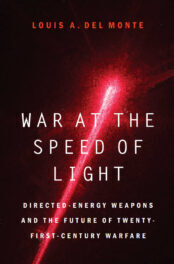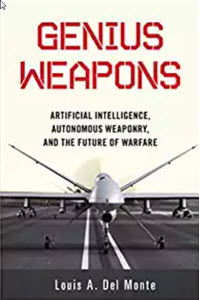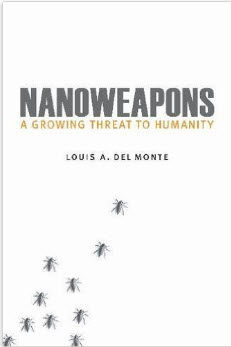The media is devoting 24/7 coverage to the Justice Department’s appointment of a special counsel, former FBI director Robert S. Mueller, to investigate alleged Russian interference in the 2016 election. While that move has garnered bipartisan support, there has been little to no thought given to the “distraction effect” it will have on the government, especially the president.
The distraction effect states, “Attending to the new task increases the risk of an error with one or both of the tasks because the stress of the distraction or interruption causes cognitive fatigue, which leads to omissions, mental slips or lapses, and mistakes.”
In simple terms, the current political turmoil is likely to result in mistakes by those distracted, which right now includes President Trump, his administration, and the US Congress. At this point, the integrity of Special Counsel Robert S. Mueller is not the issue. President Trump and his administration’s potential collusion with Russia in the 2016 election is not the issue. The issue is the investigation itself, which is likely to fuel a major distraction. Expect lines drawn and sides taken. Expect a 24/7 media bombardment. Bad news sells. Breaking bad news sells even more.
It is the equivalent of driving and texting at the same time, a proven recipe for disaster. Unfortunately, in this case, we are delicately balancing on a knife’s edge, with North Korea close to having nuclear tipped missiles capable of striking the United States, China’s mutual protection treaty with North Korea, and a US super-carrier strike force in the region. One misstep could be disastrous.
The potential for a misstep is high. A defiant North Korea continues to fire missiles into Sea of Japan, when successful. It appears North Korea destroyed one recent missile in route toward Russia. What will happen if North Korea fires a missile intended for the Sea of Japan, but makes a miscalculation and strikes Japan? The United States and Japan have a bilateral security treaty, which obligates the US and Japan to cooperate in defense. There are numerous scenarios, but the likelihood in even a short limited conflict is a million dead.
The reality is any counter attack by the United States in Japan or South Korea’s defense will leave a million dead in a matter of hours. It is unlikely the US will use nuclear weapons unless North Korea uses them first. Even with that provocation, the proximity of South Korea to North Korea makes it difficult for the US to use nuclear weapons without endangering South Korea.
North Korea has most of its artillery and rockets in hardened bunkers close to the demilitarized zone. In the first hours of any conflict, North Korea will strike Soul (population 10,000,000). It may even launch biological and nuclear weapons at South Korea, Japan, and US forces in the region. The THAAD (Terminal High Altitude Area Defense) weapon system, installed by the US in South Korea to destroy North Korean missiles in flight, is untested in combat.
China currently appears to be the voice of reason, calling for restraint. However, will China honor its mutual protection treaty with North Korea in the event of a conflict? If it does, the conflict could ignite a large theater conflict, similar to World War II. It is unlikely, since China has more to gain by being a friendly trading partner with the US than an adversary, but we do not know how things may play out in the event of a war with North Korea.
The stakes are high. The last thing we need is what we now have, a major distraction in the form of a special counsel. The probability of a misstep is now exponentially increased. The current circumstances may embolden North Korea to further its mission to dominate the Asian region, which means more missile and nuclear weapons tests. Will the US be able to act rationally and proportionately? Given the “distraction effect,” what do you think?











